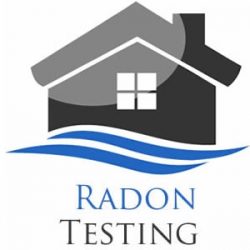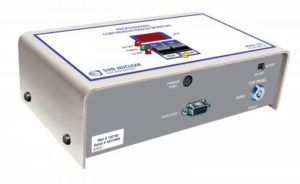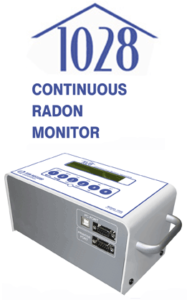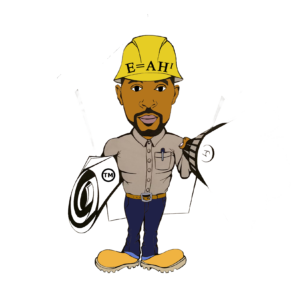
OUR SERVICES
Maintenance and Safety Inspections
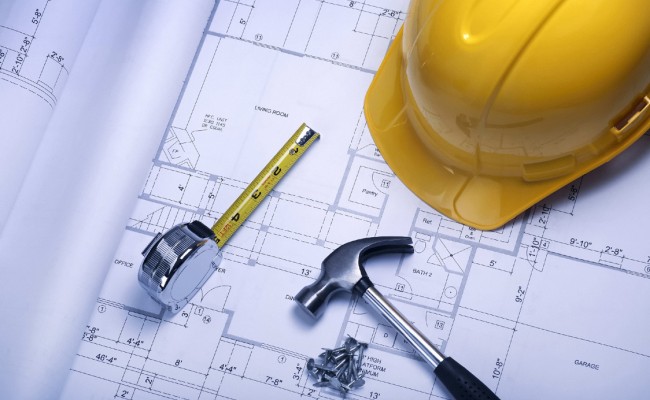
Home Maintenance & Safety Inspections Protocol cannot be ignored, it is necessary to periodically check and keep up with the systems and equipment in your home so that it serves you well for many years to come.
However, home maintenance is a challenge for many people. Some homeowners simply have no interest in the “due diligence” required of home ownership, whiles others lack in time or ability to navigate their roofs or attics. As people age or become ill the upkeep of the home tends to fall by the wayside. A lack of attention to home maintenance not only adds to the decline in value of your home, it also runs the risk of creating safety issues and the damaging of years of neglect.
What may have been a minor, but ignored problem, can turn into a major repair job. Further, many of the injuries to people in their homes result from hazards that are easy to fix, but are also easy to overlook. By spotting these hazards and taking some simple steps to correct them, many injuries might be prevented. The low cost of a home safety and maintenance inspection is very small relative to the cost of injuries or potential problems hidden within your home.
Applied Ethics Home Inspection LLC believes that a Maintenance & Safety Home Inspection helps the homeowner have peace of mind that their home is being maintained and is in good condition. Maintenance costs are kept down and the home value is kept up by finding and alerting the homeowner about necessary maintenance and safety issues. A Home Maintenance & Safety Inspection also helps to determine what really needs to be repaired versus what a contractor may recommend.
During a Home Maintenance & Safety Inspection, our trained inspectors closely check the following areas in your home:
- Roof and Attic Deficiencies
- Moisture Intrusion
- Electrical and Fire Issues
- Furance and Chimney Dangers
- Smoke and Carbon Monoxied Detector
- Plumbing Leaks
- Improper Hot Water Temperature
- Potential Trip and Fall Hazards
- Defective Stairs and Rails
Why inspect your home for safety?
- Ideal for seniors living on their own
- Convenient for busy homeowners
- Necessary for homeowners not comfortable with home operations


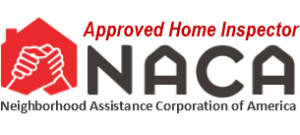


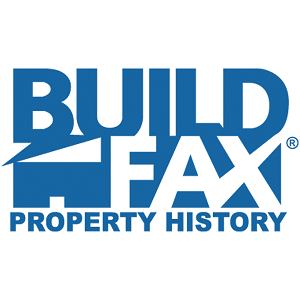

Light Commercial Inspections
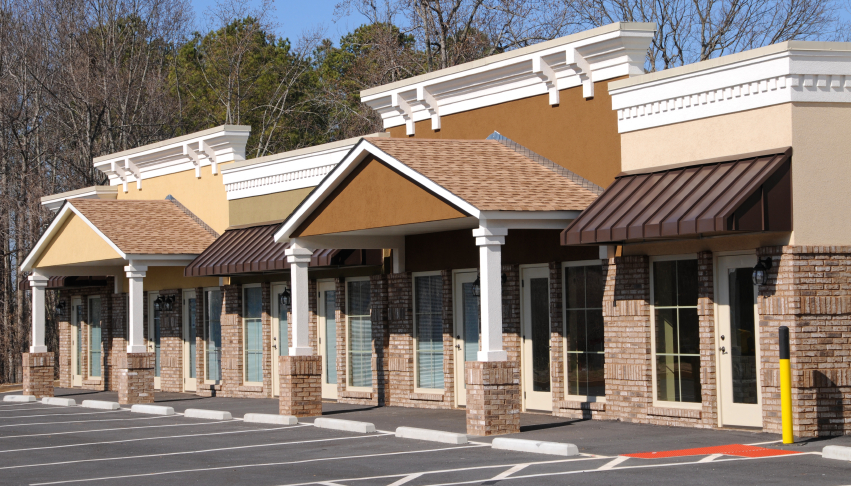
Applied Ethics Home Inspection, LLc., Light Commercial Inspection Services
Commercial property and building inspections, also known as Property Condition Assessments are important for clients seeking to know the condition of a property or real estate they may be purchasing, leasing or simply maintaining.
Commercial property inspections are done on a case by case basis and may require a pre-inspection survey or interview to determine the client’s requirements prior to the actual inspection.
Depending on the client’s needs, and the property types, some inspections can be fully technical, requiring our team of specialty contractors to do in depth inspections of specific items, or simply a general condition assessment, utilizing one or two qualified commercial building inspectors.
Once the inspection or Property Condition Assessment is completed, a written report also known as the Property Condition Report, complete with pictures, is compiled and delivered to the client within an acceptable time frame. The property condition report may include items such as concerns observed and recommendations for repairs or further inspections that may be needed.
The types of commercial buildings that are inspected include
but are not limited to the following:
- Apartment Buildings
- Automotive Repair Centers
- Banks
- Retail Stores
- Churches and Facilities
- Fitness Centers
- Funeral Homes
- Hotels and Motels
- Light Industrial/Manufacturing
- Multi-Family Buildings
- Office Buildings/Complexes
- Professional, Medical & Dental Offices
- Restaurants
- Retirement Homes & Senior Centers
- Schools & Daycare Centers
- Strip Malls
- Warehouses
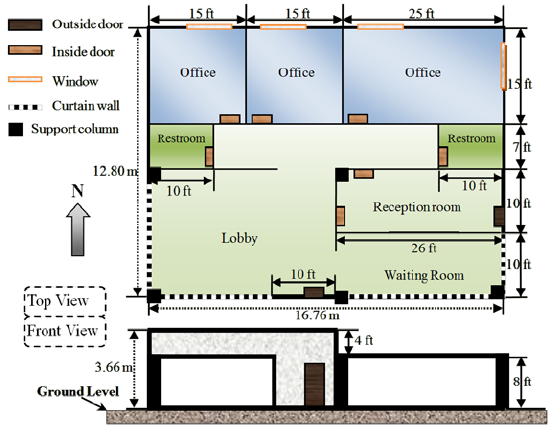
Auxiliary Services
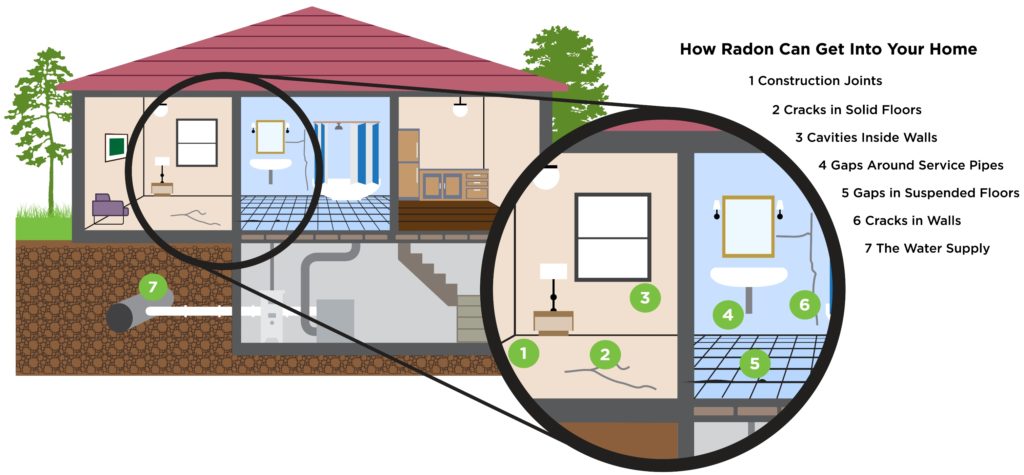
RADON TESTING SERVICES
Radon is an odorless, tasteless and invisible gas produced by the decay of naturally occurring uranium in soil and water. The EPA estimates that about 20,000 lung cancer deaths each year in the U.S. are radon related. Exposure to radon is the second leading cause of lung cancer after smoking.
Radon typically moves up through the ground to the air above and into your home through cracks and other holes in the foundation. Radon can also enter your home through well water, and your home can trap radon inside.
Any home can have a radon problem. This means new and old homes, well-sealed and drafty homes, and homes with or without basements. In fact, you and your family are most likely to get your greatest radiation exposure at home. That is where you spend most of your time.
Nearly 1 out of every 15 homes in the United States is estimated to have an elevated radon level. If you are buying a home the EPA recommends that you know what the indoor radon level is in any home you consider buying. Ask the seller for their radon test results. If the home has a radon-reduction system, ask the seller for information they have about the system.
If the home has not yet been tested, you should have the house tested.
If you are having a new home built, there are features that can be incorporated into your home during construction to reduce radon levels.
Read more at EPA’s website: Link
Read more at Air Check Inc. website: Link
